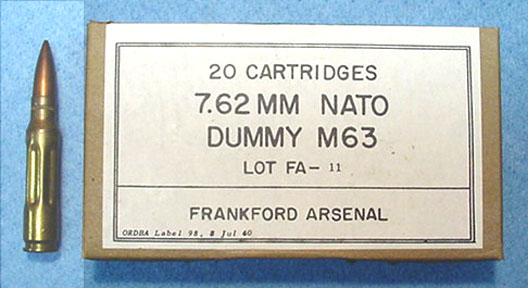Otis Mayfield
Diamond Member
- Sep 17, 2021
- 4,904
- 4,821
- 1,893
- Thread starter
- #61
"Making things up".
*shakes head sadly*
The North Atlantic Treaty
www.nato.int
North Atlantic Treaty Organization charter, dated 4 April 1949. From their own website.
Is this what you do? Start to scream somebody is wrong, then screaming they did not provide a reference to something that should be obvious?
France was a strong opponent to the Warsaw Pact, as one of the goals of that organization was one that France strongly opposed. A reunification of Germany under the control of the Soviet Union (and they even resisted the reunification after East Germany collapsed). As far as my source, mostly it is from being alive during that era, and being in the military. When most people did not even know what NATO is.
Of course, most people today still have no idea what NATO is, or much of anything else. More interested in what the Kardashians are doing and nonsense like that.
If that is how you are going to discuss this, there is really no reason for me or anybody else to continue.
Oh, and maybe you are not aware of this. But France did leave NATO. In 1966, because it refused to add its nuclear weapons into the pool of other NATO members, and refused to allow it's forces to serve under commanders from other nations. But guess what? They did not join the Warsaw Pact, they still remained closely allied with NATO, and still participated in occasional exercises until it rejoined again as a full member in 2009.
Amazing, you scream at me about my degree. Yet apparently you do not even know that France actually did leave NATO, and was out of it for over 4 decades. And never came even close to even thinking about joining the Warsaw Pact.
Maybe you should return to history class.

So you post some link to NATO and that relates to France in Vietnam how?


